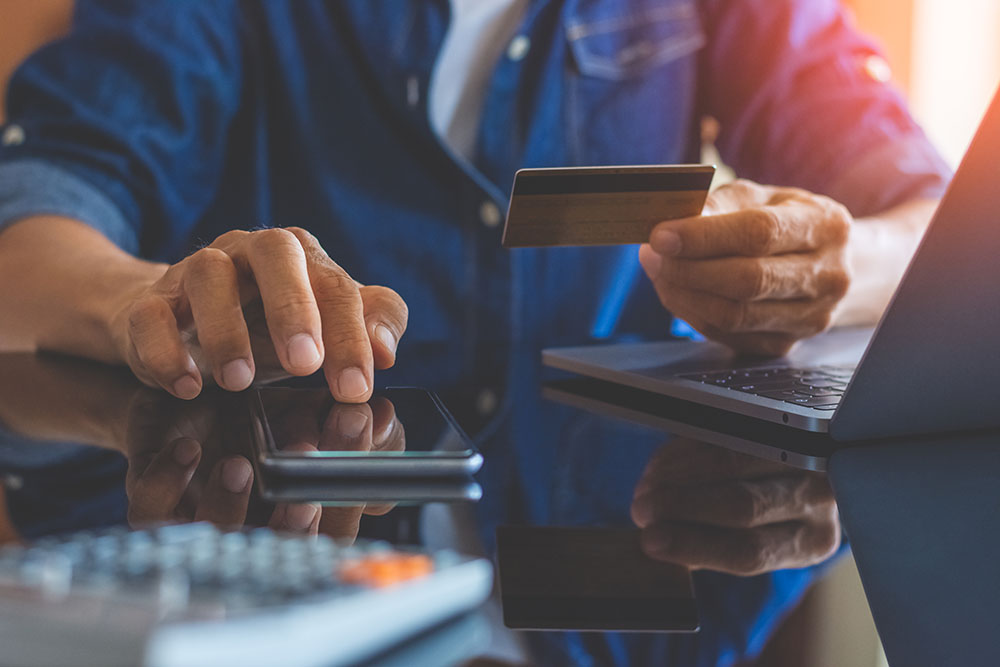Can You Pay Taxes With a Credit Card?
Back to all Tax and VAT guides

Once you’ve filed your taxes, you may be planning to pay any amounts due using your personal credit card and, indeed, you may have done so in the past. However, HMRC stopped accepting payments by personal credit card in 2018. So, what are your options now?
Why can’t you pay taxes with a personal credit card?
In 2018, the UK government introduced a crackdown on merchants charging fees for card payments as part of an EU directive. At the time, the government said this could save consumers £473 million a year, but it caused an issue for HMRC. Because card providers can still charge merchants for accepting card payments, merchants, including HMRC, have to absorb those costs themselves. Rather than charging those fees back to taxpayers via the public purse, it chose to ban personal credit card payments altogether.
Paying HMRC by credit card
Note that you can still pay multiple taxes with a corporate credit card, including Self-Assessment taxes, employers’ PAYE and national insurance, VAT, Corporation Tax and even Stamp Duty Land Tax.
When it comes to making payment by credit card, there will be fees associated with this, which the provider sets. Paying by corporate credit card is simply a case of signing into your tax account online and entering the relevant information.
How else can I pay my tax bill?
As well as using a corporate credit card, you can also pay your tax bill using a corporate debit card (for which there will be a fee) or a personal debit card (for which there will be no charge). These payments should go through the same or next day. Again, the easiest way to pay using any of these methods is to visit the HMRC website, choose the tax you want to pay and either sign into your online tax account or enter the relevant reference number.
Other available methods vary depending on the tax in question, but direct debit, at your bank, via BACS/CHAPS, telephone banking, and even by cheque through the post are potential options. Again, you’ll need your UTR, reference number or payslip details to complete the transaction.
When paying by direct debit, you’ll need to set up a single payment each time you want to pay. You can do this via your Government Gateway account. You should allow five working days to process a direct debit the first time you set one up and three working days each subsequent time if you’re using the exact bank details. BACS payments can take up to three working days, as can sending a cheque.
If you choose to pay by cheque, you should send it to HMRC Direct BX5 5BD - you do not need to include a street name, city name or PO box with this address. Make your cheque payable to ‘HM Revenue and Customs only’, and for self-assessment payments, write your 11-character payment reference on the back of the cheque. This is your 10-digit Unique Taxpayer Reference (UTR) followed by the letter ‘K’. You’ll find this on your payslip. Include the payslip HMRC sent you (if you still get paper statements), but do not fold the payslip or cheque, or fasten them together.
Should you use a credit card to pay HMRC?
It can be tempting to put tax payments on your corporate credit card, especially if you are struggling to meet your obligations. If you do this, it’s important to be sure you can make the repayments, including any interest costs. If you are struggling to pay, a better solution will be to contact HMRC and arrange to be put on a payment plan, or you can ask your accountant to do this on your behalf. And remember, you can choose to pay weekly or monthly installments towards your self-assessment bill to avoid having to pay a single, large amount.